Only Memories and Emptiness Remain: The History of Ulcinj’s Afro-Albanian Community in Montenegro
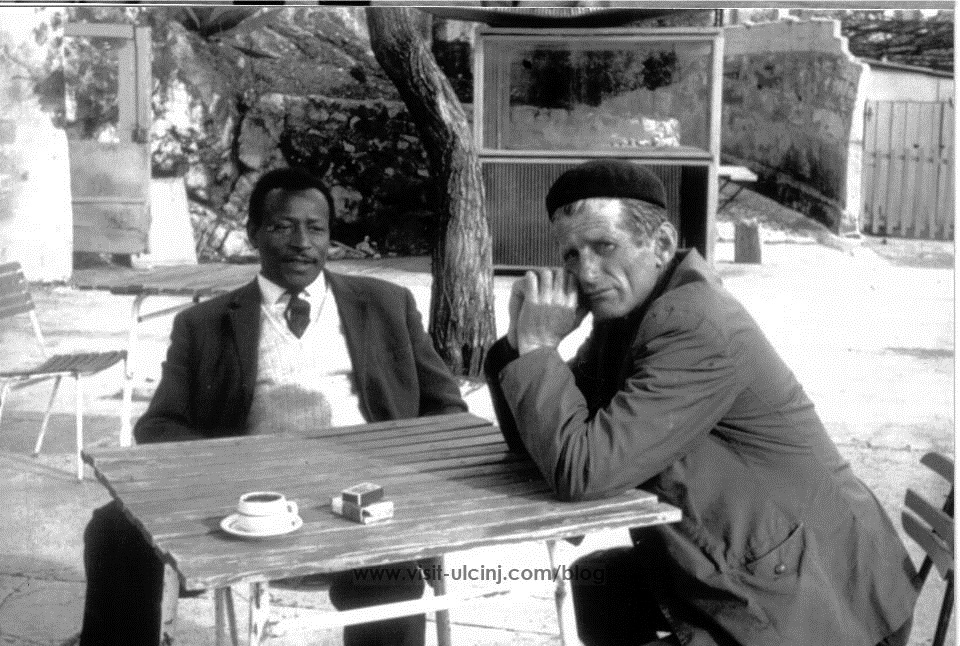
Global News Centre
Written by Mustafa Canka
Submitted by Ace Knight
I never had any problems. I was born here, in this multi-ethnic environment, and I think I spent a beautiful and happy life. Our country (Albania), as far as equality, probably unique in the world, and I am proud I was born in it and live in it. —Rizo Šurla
By the beginning of the Cretan War in 1650, Ulcinj had become a significant trading post for Christian slaves. These slaves were brought to Ulcinj after being captured by local pirates on the shores of Italy and Dalmatia, but also from other parts of the Ottoman Empire. Ulcinj had gradually displaced Herzeg Novi, which had served as the main point for the purchase of slaves during the 16th century, as the principle destination for slaves on the Adriatic coast.
Slavery was a profitable business at that time and legally sanctioned. Humans became the most valuable and expensive commodities in the Mediterranean until the early 19th century. In order to staff the competing fleets battling it out in the Mediterranean, leading powers would also resort to slaves, prisoners of war and condemned individuals who were chained to the galleys as oarsmen.
Ulcinj’s population generally kept slaves as prisoners, instead of using them as a labour force, hoping instead to collect ransoms from the family, friends and compatriots of those seized. To do this, they needed to allow those enslaved to report back to their hometowns and families that they were being held captive in Ulcinj and that they could be repurchased at the infamous Slave Market in the Old City. Often the final transaction would occur in neutral territory, usually in Dubrovnik.
In the mid-18th century, the demand for specifically Black African slaves increased. In 1770, Ulcinj’s Ali Basha brought two female slaves from Egypt, while another group that returned from Northern Africa in 1775 brought with it thirteen African male and female slaves. Later, Ulcinj’s residents began purchasing slaves in Tripoli (where slaves from Sudan and Chad were mainly brought). They would then be resold in other ports across the Mediterranean or would be brought back to Ulcinj, where after a certain period of time they would become free citizens working in agriculture or seafaring.
When they gained freedom, they became like any other citizen, speaking Albanian and dressing ‘alla turca’ (including the fez and the loose pants worn by other residents of Ulcinj at the time). These Afro-Albanians would often be given the last names of the captains and merchants that had brought them there or of those who employed them. Others were simply called ‘Arab,’ which in Albanian (and Turkish) means ‘black.’
Increasingly they were integrated into the community, sharing in the town’s happy and carefree life. Even when called upon to serve other sovereigns they did not want to leave an increasingly peaceful life in Ulcinj. As noted by Czech researcher Jozef Van Svatek, who lived in Ulcinj during the early 20th century, Prince Nikola I of Montenegro had offered an Afro-Albanian resident of Ulcinj to serve in his court in Cetinje (due to a reputation for height and strength). He refused the offer knowing that he would be an object of ridicule at the hands of Montenegrins.
This was because Afro-Albanians started gradually living like all other citizens in Ulcinj, in the middle of the city. Ulcinj’s residents, mostly sailors and merchants, had a religious inclination against racial discrimination, given that as Muslims Islam barred such discrimination, and given that Muhammad was an ‘Arab.’ Eventually, some of the Africans living in Ulcinj began intermarrying with the local population, including Zahra (originally from Sudan) who married Haj Khalil Fici, a Major in the Ottoman Army.
Experience had already taught Ulcinj’s residents that one could only survive in this space if unity, equality and solidarity of all citizens was preserved (regardless of who they may be, which race and religion they belong to, or wherever they came from). The main parameter was their contribution to the community.
In this context, it is easy to understand why Afro-Albanians like Ali Arapi and Daut Kalija eventually became naval captains with their own boats. Kalija was the owner of one of Ulcinj’s largest boats as well as a beautiful house with carved ceilings, which was an artistic rarity.
Following Montenegro’s takeover of Ulcinj in 1880, some of Ulcinj’s African population moved to Albania. For instance, the ship-owner Bet Djuli brought with him eight individuals, while Hajji Mehmet Beci brought five. As a result, only around sixty Afro-Albanian residents remained in Ulcinj.
The 20th century in Ulcinj was marked by Ulcinj’s most famous Afro-Albanian, Rizo Šurla, although the community’s numbers overall continued to fall. Today, only one member of the community – Rizo’s sister – remains the only direct descendant of Ulcinj’s African community. Their children have mostly intermarried with others and no longer live in Ulcinj. All that remains in this city is their history and memories, not to mention a large emptiness that has been left behind them.
POSTSCRIPT: The Legendary Rizo Šurla
Rizo Šurla with his wife Nada
Montenegro (Albania) was home to the most renowned empires, tribes, pirates, hordes, including the world scattered Africans who broke the shores as indentured servants. No hostile attitude or hostility has ever sprung out of the interwoven nationalities. Since the onset, Ulcinj’s backbone ethnic groups were Illyrians (known as Albanian ancestors.
Belgrade, where he studied photographic craft. The school that has set-up his life. After returning to Ulcinj he opened a photo-shop, which at one time was the only one in this part of the Adriatic. In those years, Rizo’s photos were shared. , Tens of thousands of photos sent out by the region and the world, by domestic and foreign tourists who were fortunate to know the always cheerful and smiling, Surla.
The legendary Rizo Šurla died in 2003. During the eight decades of his rich life he influenced the life of Ulcinj as a photographer, fisherman and bohemian. He was a boxer and waiter in Zagreb, as well as a partisan fighter on the Srem Front. “He was striking, unusually beautiful, kind of like the famous Muhammad Ali, radiating charm and positive energy,” explains Ulcinj chronicler Ismet Karamanaga. Another Ulcinj resident, Daudet Abazovic adds: “Rizo was truly a symbol of Ulcinj and Ulcinj’s Black community. They were pleasant, friendly and solidaristic. They had a completely different understanding of community and society than what have become used to today (i.e. the narrow and the selfish). You could see this for instance when fishing on the Bojana, where you could always catch Rizo if he wasn’t in his photo-studio down at the Small Beach.” His memory is also preserved in Split’s Hajduk football club, since he served as the team’s representative in Ulcinj. As a result, Hajduk gained more fans and sympathizers in Ulcinj than the very popular Belgrade teams like Red Star and Partizan.
“By God, I knew we were black, but many did not” (Rizo Šurla’s son, and great grandson)
Ulcinj u Osmanskoj imperiji by Mustafa Canka
Mustafa Canka is a publicist who shows special love for his city and the people living in it. Canka increasingly preoccupied with the situation, which manifests itself in every area of life that often determines the fate of the individual.
Such appears in the book “City-comments” where it notes famous critic Andrej Nikolaidis “Canka envisions the fate of every citizen, every community, and every man.” As such, it has a constant desire to define civilization his hometown, to see comes from, where it is and where it will go.
His approach of a publicist with philosophical and sociological insights discussed in the first act, appears ambitions Canka an investigator and researcher. He hometown of sights in a historical period that recognized the Ottoman Empire. Author period treshekullore treats some plans highlighting the contradictory features and little known in historiography for lqinin.
Is this a specific period which according to the author “is present religious tolerance, free trade, freedom of thought etc. Canka notes “the ethnic freshness” which gave powerful impetus to economic development and urbanization of the city. He emphasizes social rights, fiscal and political city. System privileges won things Ulcinj residents with all the obligations stemming from that, was the material basis for their existence. With these data Canka he does challenge the views of some historians to whom remains the bone of contention ways the spread of Islam: au spread by force or is the result of desire, as he does challenge those thinkers who point out that the desire to preserve national identity may have favored religion of the Quran in Albania.
However, Mustafa Cankës trials are bold and multidimensional. It follows other research approaches that are quite separate and break clichés created through textbooks and some artwork.
Mustafa Canka as a genuine intellectual aims with his observations raise debate and controversy. This is a very good thing and acceptable as to the history considered untouchable myth that constantly appear in the service of policy and certain ideologies.
Known from this period until the fall of the Ottoman Empire, Albanians were not only under its administration, but they contributed to the establishment of the Empire at higher levels, which shows the large number of their prime ministers (on 30), but who never forgot he name their Albanian identity. The contributions are recognized in the internationalization of the Albanian issue and this is an example that shows how it can and should be preserved national identity.
In this context it should be understood the role of Ulcinj and Ulcinj during the Ottoman Empire, which Mustafa Canka treats in a very interesting way.
Ace Knight is a multi-talented freelance journalist who has been making videos professionally for on-line news, musicians, academics, and others for several years. He is also a student of comparative religion whose writings have been praised and reviewed by noted scholars in the field. In addition to these accomplishments, he is also a composer and writer of songs, a couple of which are being used in one of the biggest parades in America. Despite all of these achievements, he says that his most important goal is to serve humanity as embodied in his love for his family and the raising of his three sons.


















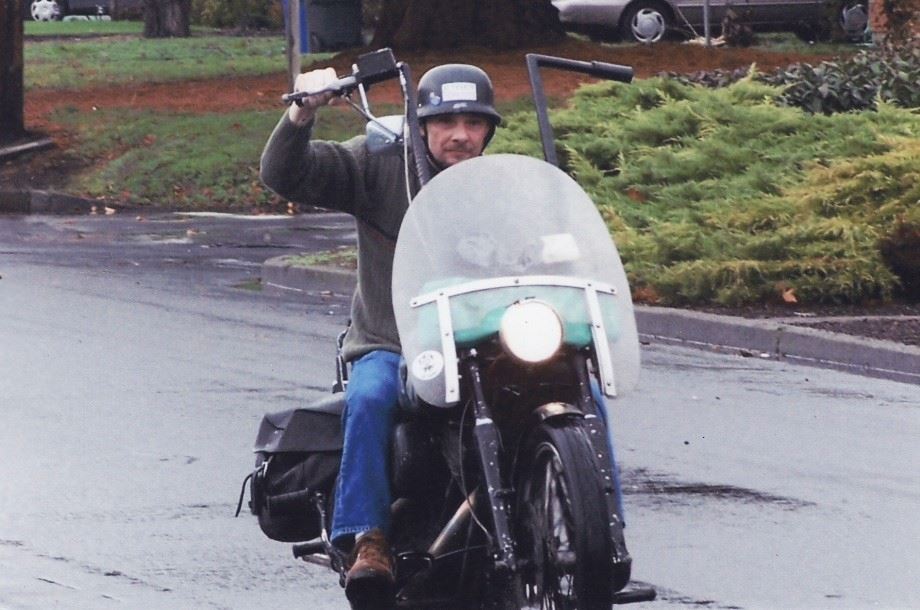
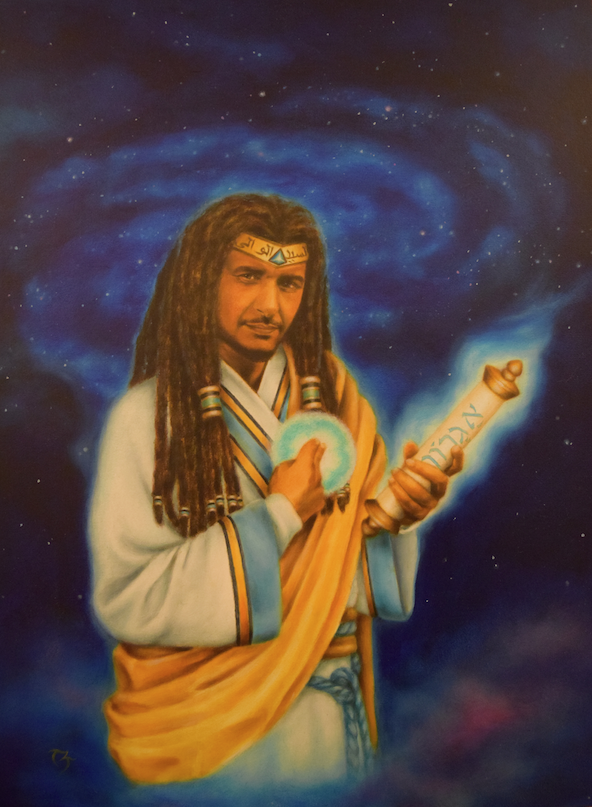
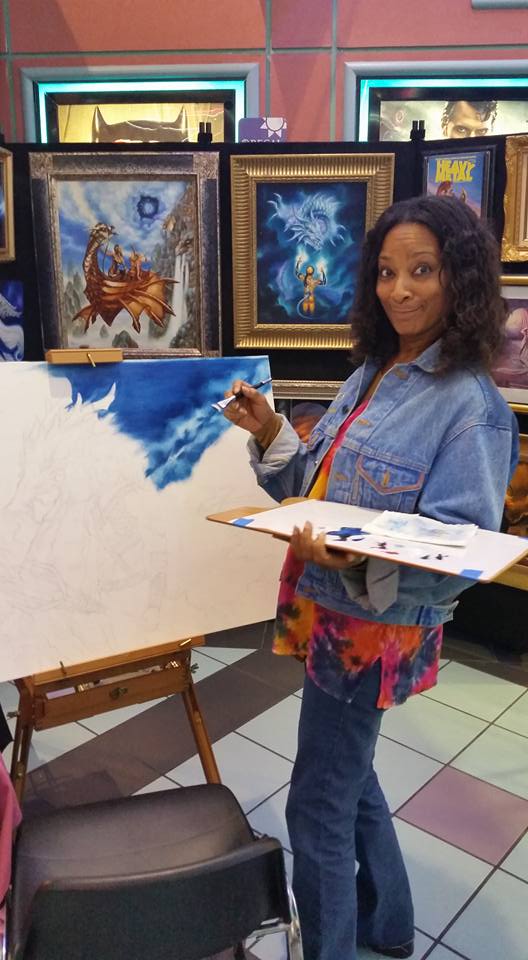




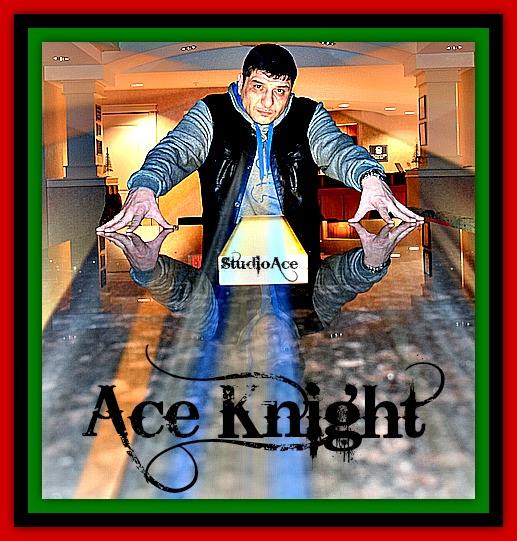
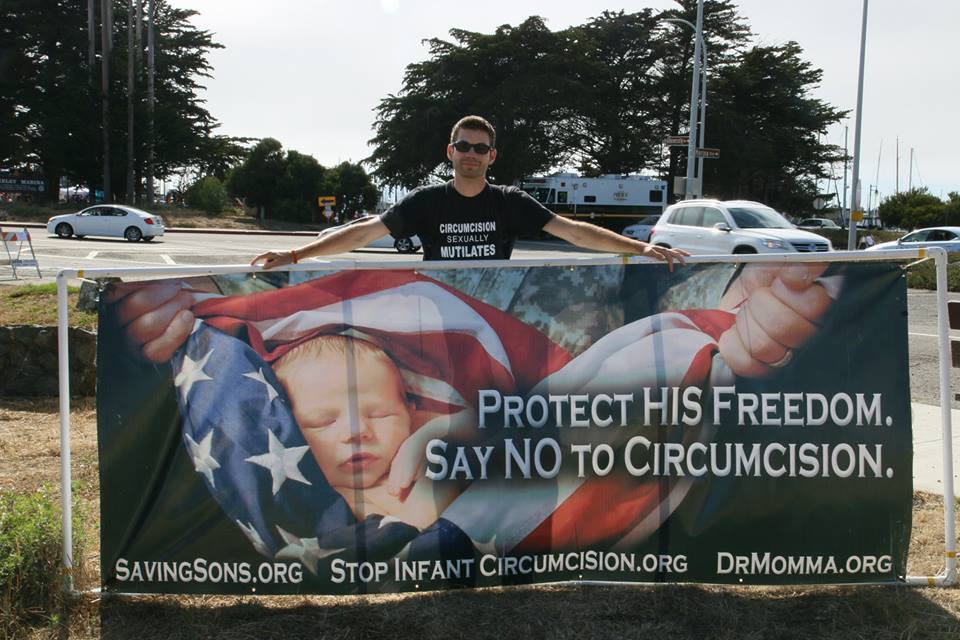








Leave a Reply
You must be logged in to post a comment.